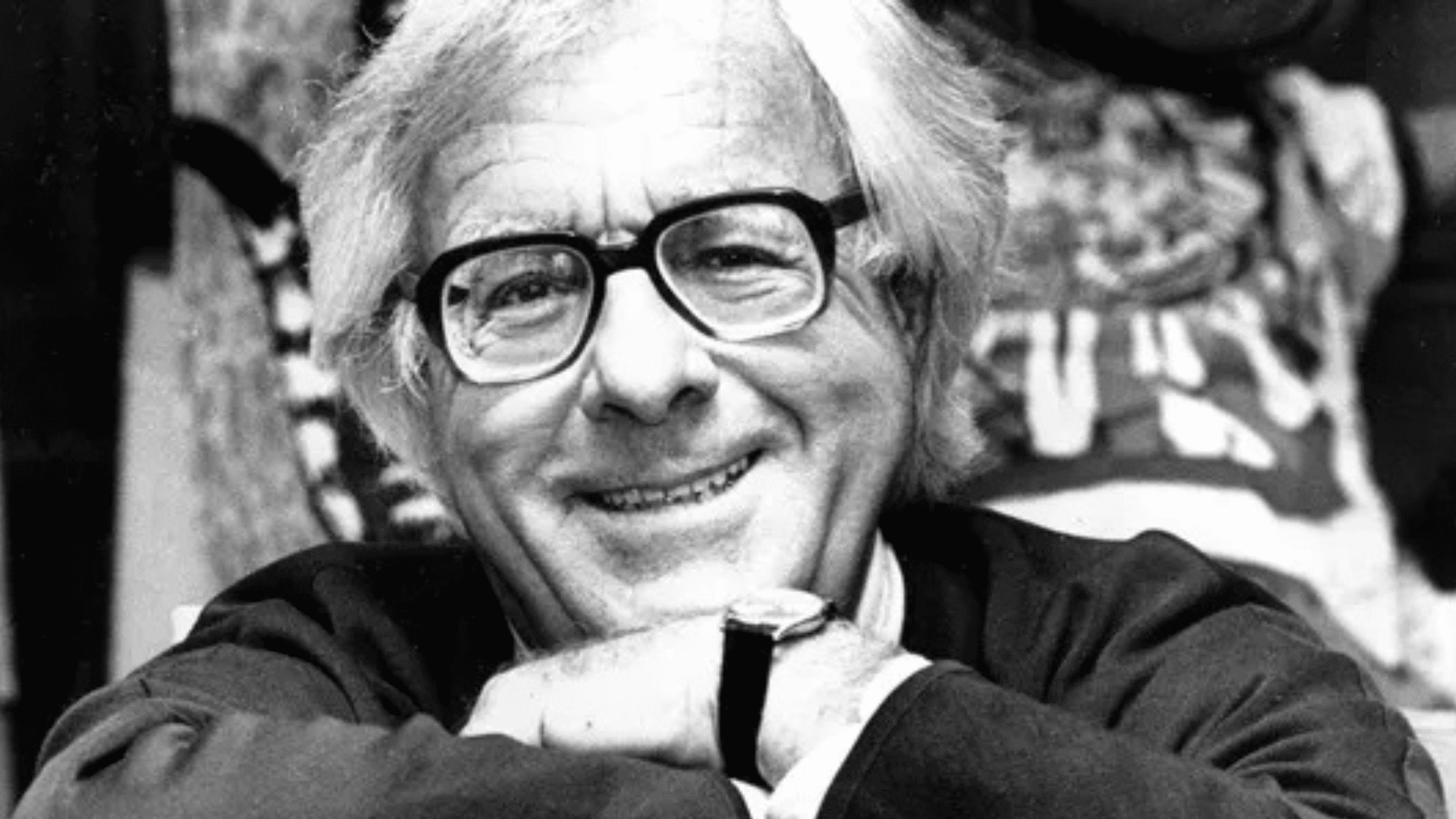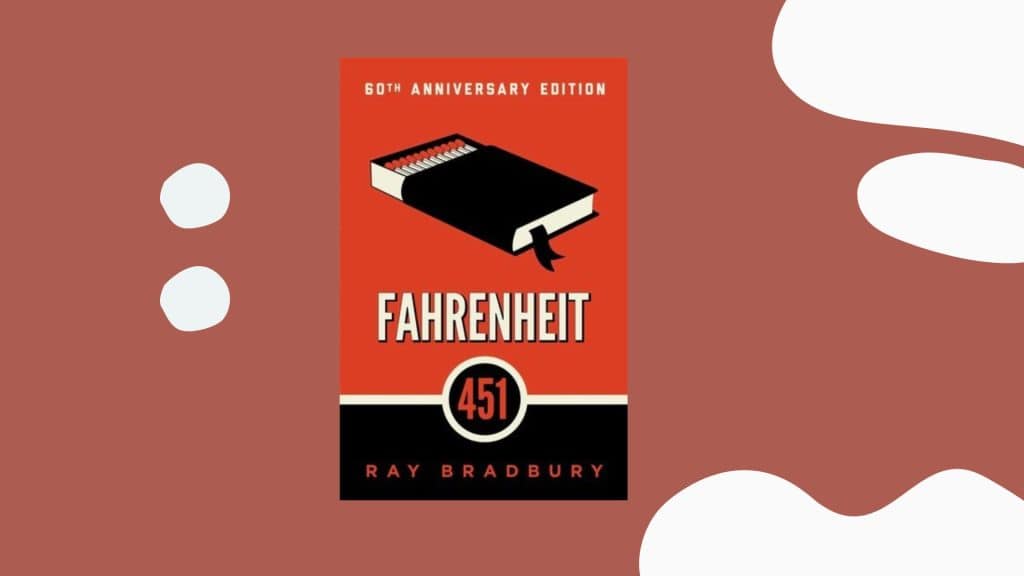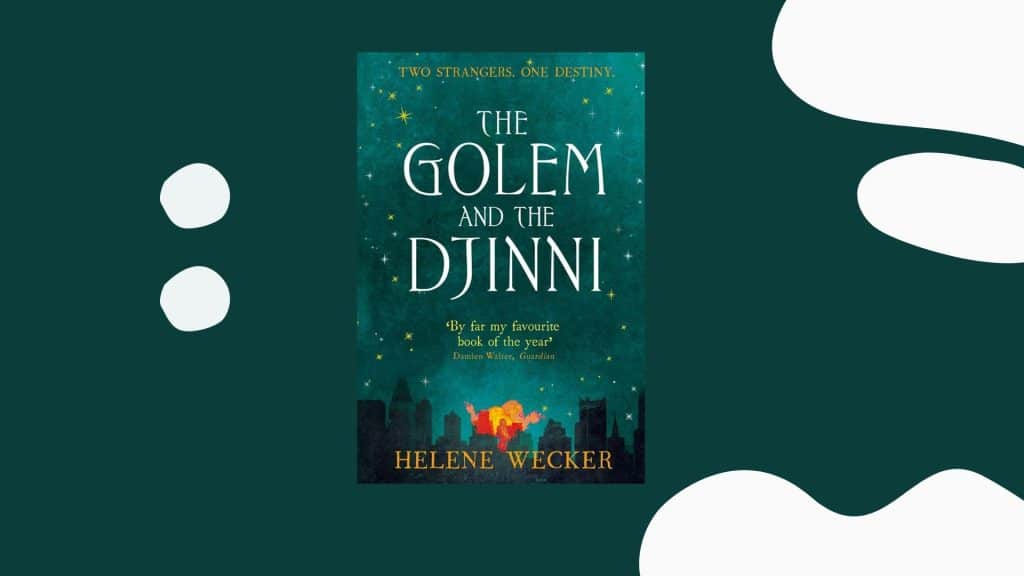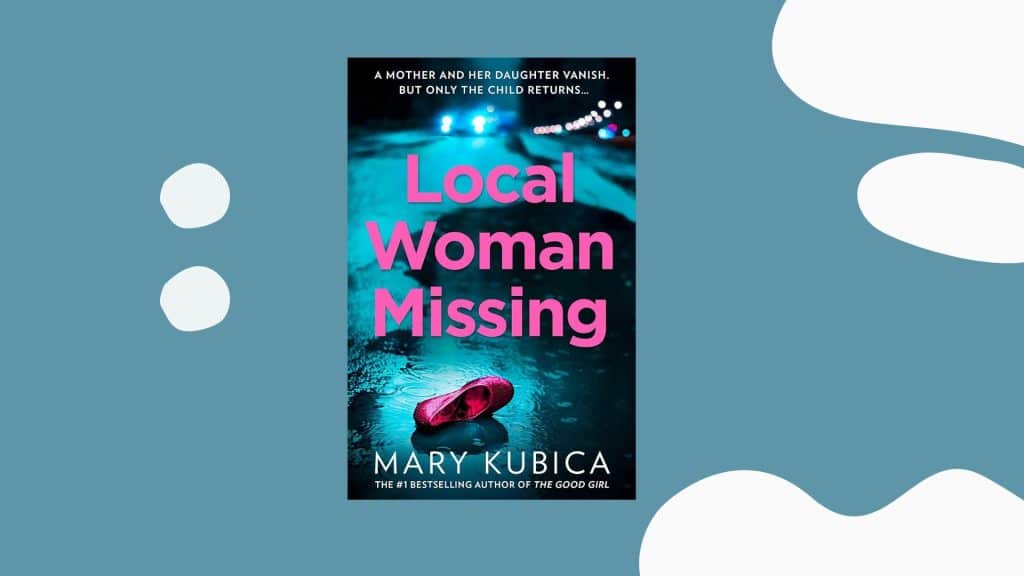“It was a pleasure to burn.” ― Ray Bradbury
Fahrenheit 451 by Ray Bradbury is a powerful dystopian novel that warns us about the dangers of censorship and mindless entertainment. Published in 1953 during the era of McCarthyism, when free thought was under scrutiny, this prescient work remains one of the most celebrated pieces of American literature.
Set in a future where books are banned and “firemen” burn them, the story follows Guy Montag as he transforms from book-burner to knowledge-seeker in a society that has chosen shallow pleasure over intellectual depth.
The novel’s title refers to the temperature at which book paper supposedly burns—a scientific detail that underscores Bradbury’s concern with the fragility of knowledge and wisdom in the face of ignorance and oppression.
Plot Summary

“We need not to be let alone. We need to be really bothered once in a while. How long is it since you were really bothered? About something important, about something real?” ― Ray Bradbury
Fahrenheit 451 takes place in a future American society where books are outlawed and “firemen” are tasked with burning any that are found. The protagonist, Guy Montag, is one such fireman who takes pride in his work.
He lives with his wife Mildred, who spends her days immersed in interactive television programs that play on three wall-sized screens in their parlor and listening to her “Seashell” earpieces that provide constant audio entertainment. Their world values quick pleasure and mindless entertainment over intellectual thought or meaningful human connections.
Montag’s life begins to change when he meets his new neighbor, a curious seventeen-year-old named Clarisse McClellan. Unlike others in their society, Clarisse notices the natural world, asks thought-provoking questions, and engages in real conversation. She asks Montag if he’s happy, a question that disturbs him deeply. Shortly after their encounters, Clarisse mysteriously disappears, reportedly hit by a speeding car.
A pivotal moment in Montag’s transformation occurs when he and his fellow firemen respond to an alarm at an old woman’s house. When they discover her hidden library, the woman refuses to leave her books. Rather than abandoning her collection, she chooses to light a match and burn herself alive with her books.
In a moment of rage and rebellion, he turns his flamethrower on Beatty, killing him, and flees the city. He is pursued by a mechanical hound programmed to hunt him down, but he manages to escape to the countryside.
The novel concludes with hope amid devastation, suggesting that although civilization may fall, human wisdom and literary heritage can survive through those committed to remembering.
My Thoughts and Review of Fahrenheit 451
Reading Fahrenheit 451 feels like watching a prophecy unfold—a chilling vision from 1953 that captures our present-day struggles with distraction, censorship, and the growing tension between entertainment and enlightenment.
The Writing Style
Bradbury’s prose is both poetic and accessible. His metaphors burn into your memory, and his descriptions of fire are almost hypnotic. The writing flows beautifully, making this relatively short novel feel rich and substantial. Bradbury’s language is vivid and sensory—you can almost feel the heat of the flames and hear the roar of the fire hoses as books turn to ash.
The Characters and Themes
Montag’s transformation is compelling and believable. We witness his awakening happen gradually, triggered by encounters and experiences that accumulate until he can no longer ignore his doubts.
Despite her brief appearance, Clarisse leaves a lasting impression with her simple questions and observations. Captain Beatty is fascinatingly complex—well-read himself yet committed to destroying literature with an almost religious fervor.
Fahrenheit 451 tackles themes that remain urgently relevant: the dangers of censorship, technology’s isolating effects, and literature’s power to awaken our humanity. It’s not just a critique of government control but also of how willingly people surrender intellectual freedom for comfort and entertainment.
Pacing and Structure
The novel is relatively short but dense with ideas. The tension builds steadily as Montag’s world unravels. Bradbury divides the book into three parts—”The Hearth and the Salamander,” “The Sieve and the Sand,” and “Burning Bright”—each representing a stage in Montag’s awakening. This structure guides readers through his transformation from conformity to rebellion to renewal.
Emotional Impact
Fahrenheit 451 leaves a lasting impression. The scene where the woman burns with her books is particularly haunting—a powerful symbol of the lengths some will go to preserve knowledge and meaning. I found myself reflecting on what ideas I value enough to risk everything for. The ending balances devastation with fragile hope, leaving me both disturbed and inspired by the resilience of human wisdom even in the face of destruction.
The HBO Adaptation of Fahrenheit 451

HBO released a film adaptation in 2018 starring Michael B. Jordan as Montag and Michael Shannon as Beatty. The film modernizes Bradbury’s vision for the digital age, incorporating social media and digital book burning.
Critics had mixed reactions. Many praised the performances, particularly Shannon’s portrayal of Beatty. However, some felt the film sacrificed the novel’s philosophical depth for visual spectacle.
Whether you watch it before or after reading the book, the film offers another way to engage with this powerful story.
Readers’ Ratings and Reviews for Fahrenheit 451
“If you hide your ignorance, no one will hit you and you’ll never learn.” ― Ray Bradbury, Fahrenheit 451
Fahrenheit 451 has received consistent acclaim from readers across generations.
Ratings:
Goodreads: Over 1.7 million ratings with an average of 3.98 out of 5 stars.
Amazon: Approximately 17,500 ratings averaging 4.6 out of 5 stars.
Reviews:
-
A masterpiece that becomes more relevant with each passing year.
-
The kind of book that makes you stop and think about your relationship with media.
-
Bradbury’s language is poetic and mesmerizing.
Criticisms:
-
Some readers find the supporting characters underdeveloped, particularly the female characters.
-
A few note that certain technological predictions feel outdated, though most agree that the core message remains powerful.
Is Fahrenheit 451 the Right Book for You?
If you enjoy thought-provoking dystopian fiction, Fahrenheit 451 might be perfect for you. It’s a short read packed with powerful ideas that will stay with you.
This book is ideal if you enjoy historical fiction with dystopian elements, stories about resistance and intellectual freedom, social commentary that remains relevant decades later, and beautiful, poetic prose.
However, if you prefer action-driven narratives or characters with extensive backstories, you might find aspects of the book challenging. Bradbury’s style can be metaphor-heavy, which some readers find distracting.
Books Similar to Fahrenheit 451
If you enjoyed Fahrenheit 451, here are other books that explore similar themes:
-
1984 by George Orwell
-
Brave New World by Aldous Huxley
-
The Handmaid’s Tale by Margaret Atwood
-
The Circle by Dave Eggers
Conclusion
Fahrenheit 451 is one of the most important dystopian novels ever written, and its message grows more relevant each year. Through Montag’s journey, Bradbury warns us about censorship dangers and the danger of allowing technology to replace human connection and thought.
The book challenges readers to examine their relationship with information and entertainment. It asks what we might be losing as we surrender more attention to screens and simplified content. At the same time, it offers hope that literature and ideas can survive even determined efforts to destroy them.
In our world of information overload and shrinking attention spans, Bradbury’s defense of books and thoughtful engagement with ideas remains as powerful and necessary as ever.
About the Author

Ray Bradbury (1920-2012) was an American author known for his lyrical prose style and focus on human nature. Born in Illinois, Bradbury wrote nearly 30 books and over 600 short stories throughout his career.
Bradbury was largely self-educated, having never attended college. He credited libraries for his education, making the themes in Fahrenheit 451 particularly personal.
Other notable works:
- The Martian Chronicles
- Dandelion Wine
- The Illustrated Man
- Something Wicked This Way Comes
- The Halloween Tree









